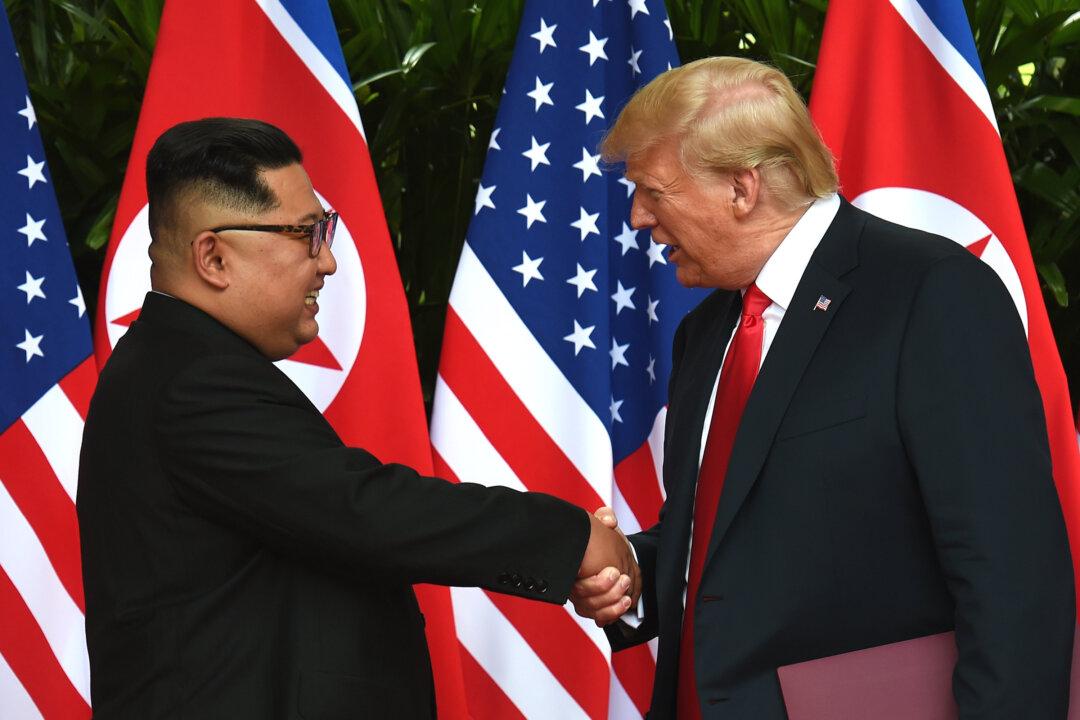WASHINGTON—The Trump administration laid out the priorities of the United States ahead of the second summit with North Korea later this month in Vietnam. The major goal is to develop “a shared understanding of what denuclearization is,” according to the White House.
Following the historic June 2018 summit in Singapore, President Donald Trump and North Korean leader Kim Jong Un will meet for the second time on Feb. 27 and 28 in Vietnam’s capital, Hanoi.





